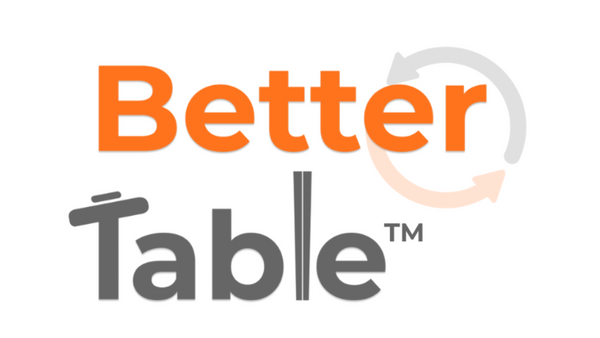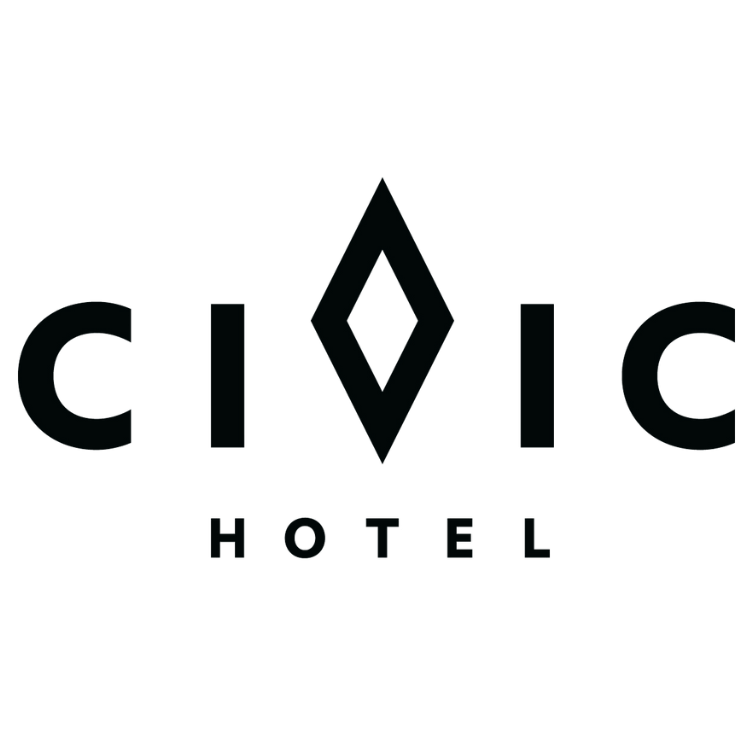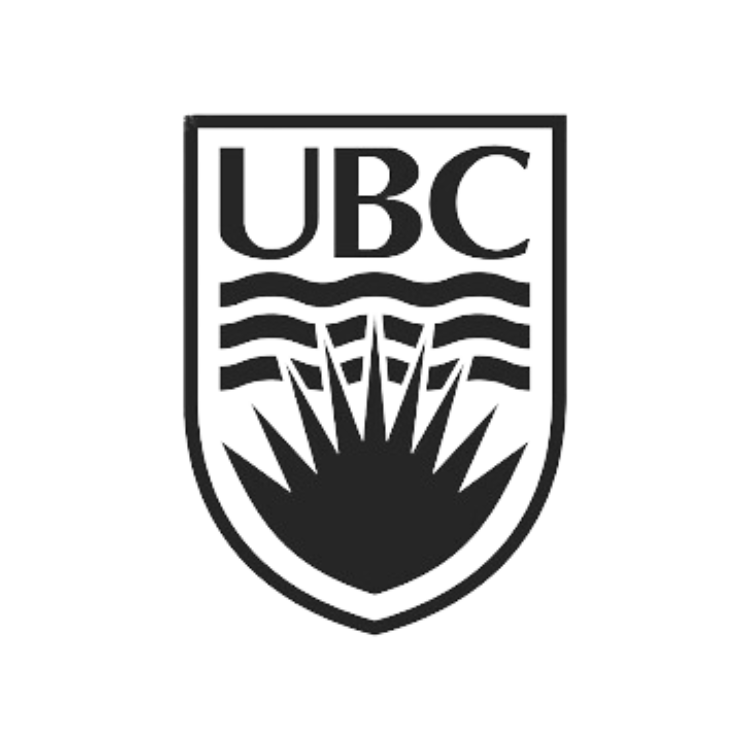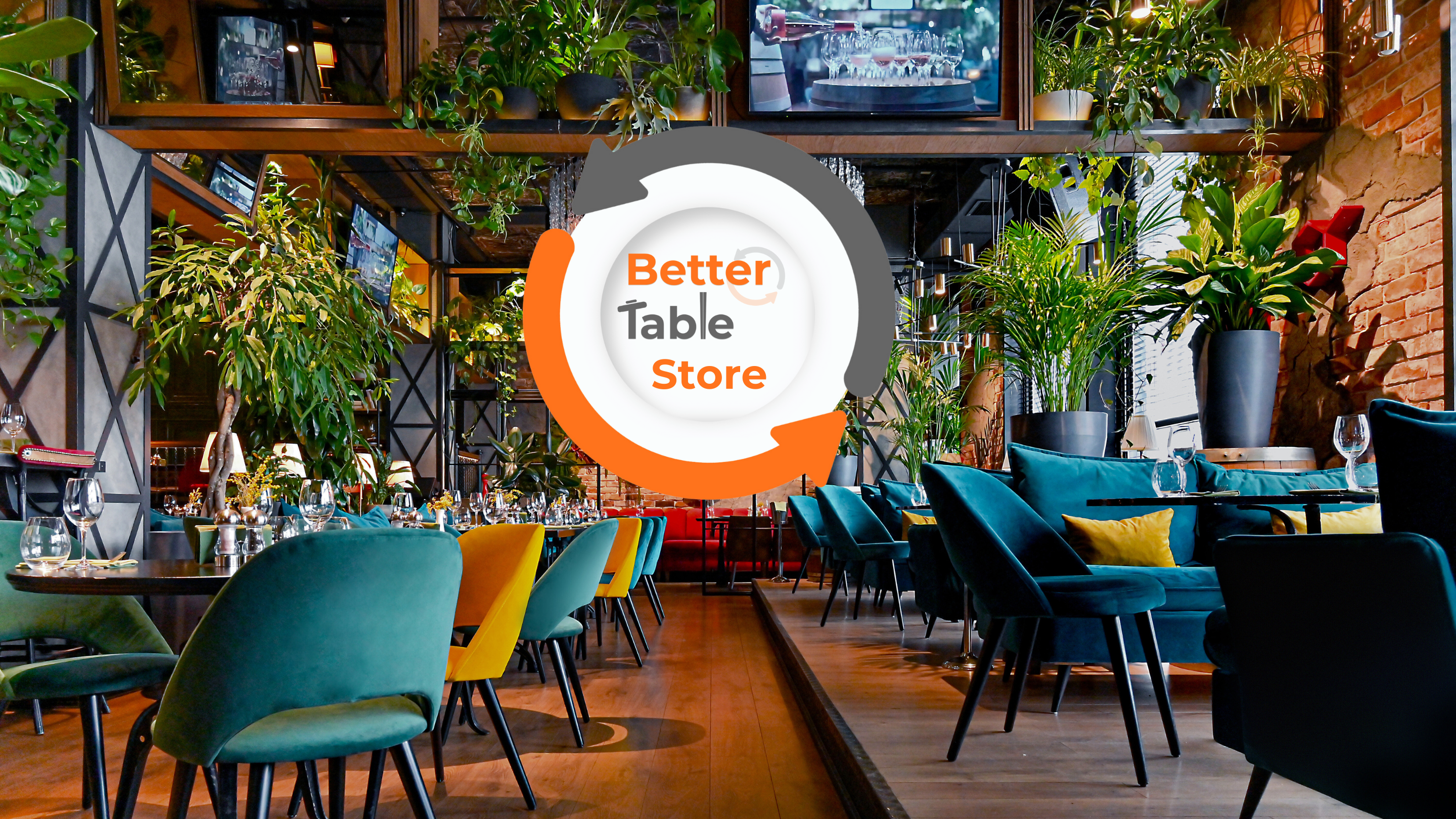
Waste Less, Earn More
BetterTable™ helps commercial kitchens boost profits while cutting food waste in half. Trusted by chefs and hospitality leaders.
Trusted by brands like
-
Increase Profitability
CALCULATE SAVINGSCut food purchasing costs by 2 to 7% and lower tipping fees to enhance restaurant profitability.
-
Reduce Food & Labour Costs
LEARN MOREEmpower your teams to minimize overproduction, streamline operations and achieve excellence.
-
Leverage Food Sustainability
FIND OUT HOWAttract eco conscious customers, retain top talent and reduce your carbon footprint.
Empowering Hospitality Leaders to Rethink Profitability
The cost of food is skyrocketing. What was affordable is now expensive, and F&B operators are forced to raise menu prices to account for increased input costs. There are tons of ways you can boost profitability and reduce food costs as well. With the help of our team of highly knowledgeable food waste experts, you can get the help you need to really get your budget under control and get results beyond the bottom line.
Work with us to Increase Profit Margins
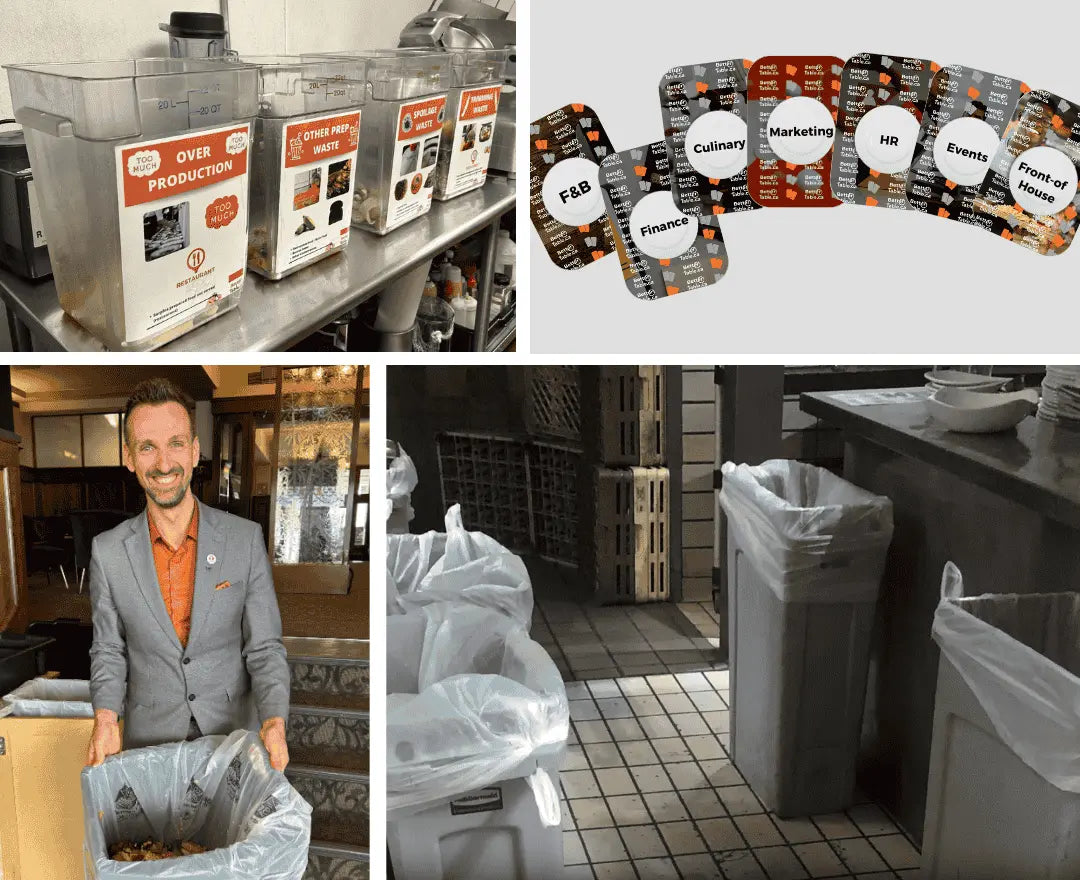
On-site Food Audits
Boost your restaurant profitability with a detailed BetterTable™ Food Audit. We use a proven food waste bin methodology. The audit can be combined with our BetterTable™ Card Game to interview key leaders, and with food waste app or AI-powered food waste monitoring technology. For green hotels and restaurants willing to control food costs for enhanced productivity.
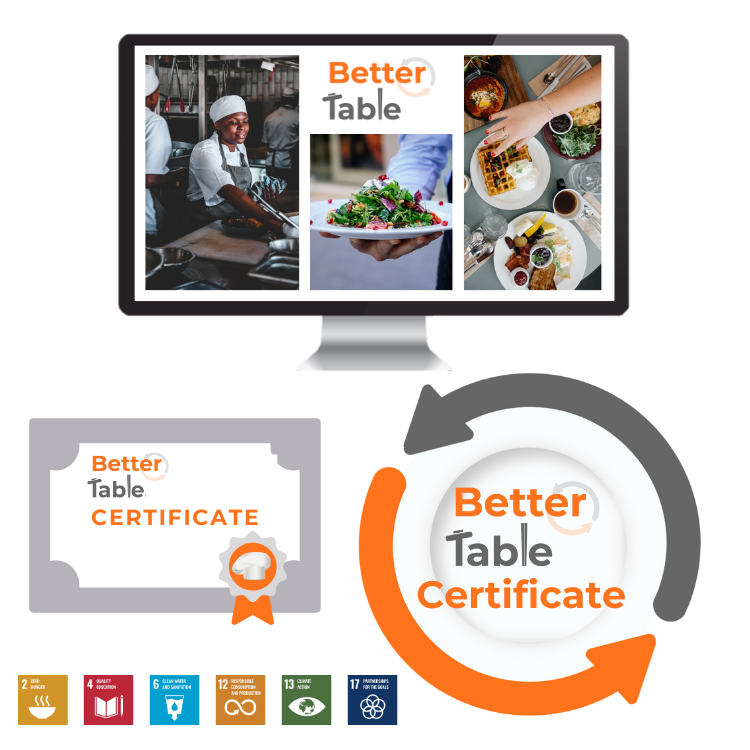
Online Course & Certificate for Chefs
Learn from our online food waste prevention training in as little as one hour. It's available 24/7 to help you quickly improve your bottom line and reduce food costs with minimal effort. For all F&B establishments focused on food waste reduction.
What Hospitality and Tourism Leaders Say
-
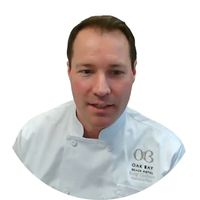
Chef Kreg Graham
Executive Chef at Oak Bay Beach Resort, Victoria, BC
I would recommend any chef to go through the BetterTable™ Food Audit process. It's definitely worth the investment!
-

Katie Foussier, Hotel Owner
Owner at Long Beach Lodge Resort, Tofino, BC
We've gone down by 2 points in our food costs within one or two months after the BetterTable™ Food Audit
-

Chef Noel Andes
Head Chef at Huntingdon Hotel and Suites, Victoria, BC
If you think you know how to avoid food waste, wait until you meet BetterTable™!
-

Julia Canton, Marketing Leader
Director of Sales & Marketing / Sustainability Manager at Huntingdon Hotel & Suites
Ben’s exceptional achievements and contributions truly sets him apart as a leader in the industry, especially in the field of food waste reduction and sustainability
-

Colin Spiekermann, F&B Leader
Food and Beverage Manager at Delta Hotels by Marriott Kamloops, BC
The BetterTable™ Food Audit was a positive experience for the hotel. We have room for improvements in many different areas.
-

Dana Egan, Pub Owner
Dana Egan, Owner at the Grand Pub & Grill, Merritt, BC
You need this program! Hire BetterTable™, and do their Food Audit!
-

Chef Davide Del Brocco
Sustainability Manager at Sodexo Canada, Kingston, Ontario
So very well done! I love the brevity of the online course and the savings calculator
-

Ellen Walker-Matthews, DMO Leader
CEO at Thompson Okanagan Tourism Association, Kelowna, BC
People learnt so much from the BetterTable™ workshop. We’ve never had such outstanding feedback!
-

Chef Adam Meagher
Head Chef, Civic Hotel, Civic Hotel, Autograph Collection, Surrey, BC
We had a lot of eye opening experiences during the BetterTable™ Food Audit!
-

Chef Onille Pitogo
Head Chef at the Pendray Inn & Tea House, Victoria, BC
We allow everyone to have the BetterTable™ Certificate. It's really a good training!
-

Clency Romeo, Hotel GM
Hotel General Manager, Sun Resorts, Mauritius
Thank you for your outstanding assistance
-

Chef Kunal Dighe
Executive Chef at JW Marriott Parq Vancouver & the DOUGLAS, Autograph Collection, Vancouver, BC
The BetterTable™ Academy is an excellent training for any food handler, employee or employer.
-

Chef Mitch Shafer
Executive Chef at Delta Hotels by Marriott Kamloops, BC
The BetterTable™ Food Audit was extremely informative!
-

Vivian Davidson-Castro, Filmmaker
Director of the Food Synergy Movie, the world's first food waste documentary from farm to table
Working with Ben on sustainability and food consultation has been amazing!
-

Chef Poyan Danesh
2023 BC Chef of the Year, Competition Chair for the Chefs' Table Society of BC
All hotel chefs should have this!

Frequently Asked Questions
What Is Food Waste Consultation?
Boost your restaurant profit percentage with food waste solutions. Learn how leaders in the hotel, lodging, and restaurant industries leverage sustainable gastronomy to achieve a triple bottom line and solve the food waste reduction challenge. BetterTable™ Solutions benefit General Managers, F&B Managers, Chefs, and managers in HR, Marketing, Sales, and Finance.
Food waste consultants can help you:
- Find out how hotels and restaurants increase sales with sustainability to stand out in a crowded market
- Discover ways to save food, save money and cut food purchase costs
- Improve your restaurant income statement
- Motivate and train kitchen teams effectively
- Keep customers and employees engaged
- Understand the carbon footprint of your food to support climate change efforts and achieve Net Zero
- Implement regenerative tourism best practices
- Reduce your environmental impact and support UN SDG (Sustainable Development Goals)
- Design a sustainability strategy fighting food insecurity by reducing food waste from restaurants
- Be aligned with the Food Loss and Waste Protocol
- Minimize the water footprint of food and cut down on single-use plastics
- Learn how hospitality leaders prepare for upcoming regulations
By creating synergy among these strategies, you can optimize your sustainability efforts.
Who Can We Help?
- Hotels with F&B operations
- Event and catering operations
- Full-Service Restaurants
- Airports and lounges
- Corporate canteens
- Hospitality Schools & Universities
- Hospitality & Tourism Industry Associations
- Sustainable Hotels certified by Green Key Global, GreenStep, Biosphere or Travalyst
- Destination Marketing Organizations (DMO) working towards sustainable tourism, destination Stewardship and destination certification
We are ready to help you find out what you can do to help with sustainability and with profits as well. We have taken the pledge to fight food waste and to help commercial kitchens go green and improve their sustainability performance. You will reduce what goes into your restaurant waste bins.
Food waste is one of the biggest expenses that many companies that serve food deal with. Food waste can cut into your profit margin, it can cut into the overall efficiency of your company and it can have a big impact on the planet as well.
Contact BetterTable™ today to learn more and to set up a consultation so that we can help you start reducing your food waste in Canada and the United States.
Do I Need Food Waste Consultation?
While not all hospitality companies are going to benefit from food waste consultation, businesses like hotels with a foodservice operation can certainly benefit from the right support. Hospitality venues spend an average of 25-40% of their monthly revenue on food inventory.
- We can help empower your teams with an online course for chefs and food and beverage managers working in the tourism, hospitality and food service industry.
- We can help you define strategies to reduce food costs with a Food Waste Audit, to improve food efficiency.
- We can help you set up a food waste monitoring technology that can help you make the most of the foods that you order. With detailed multi-site reporting.
- We can help achieve your goals faster, with measurable outcomes and payoff.
- And we can help you promote your restaurant with sustainability certifications aligned with the UN Sustainable Development Goals.
We live in a day and age when hoteliers need to achieve a triple bottom line.
BetterTable™ is ready to help!
Subscribe to our monthly newsletter
Be the first to know about the latest food waste prevention news and grants.
